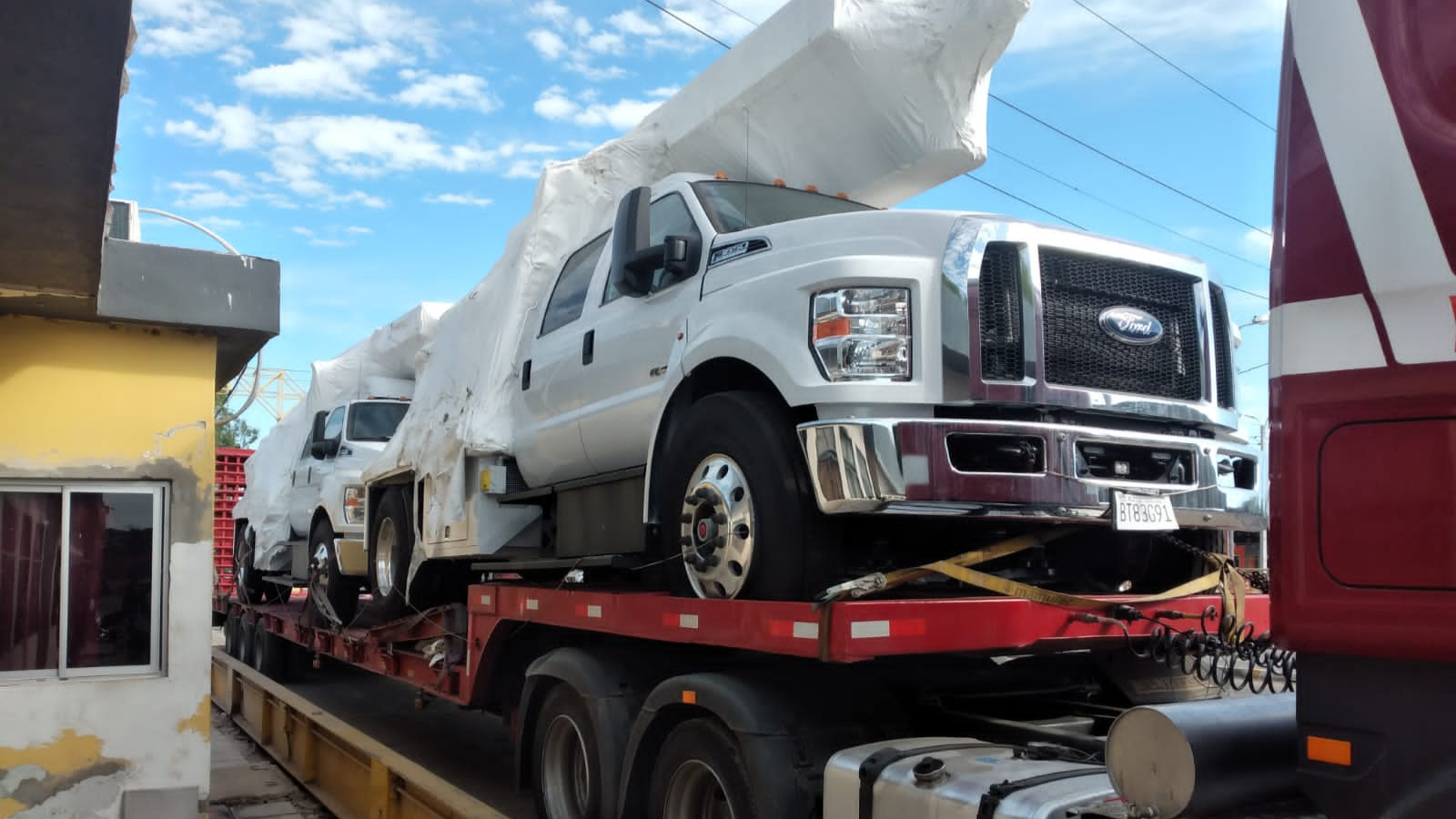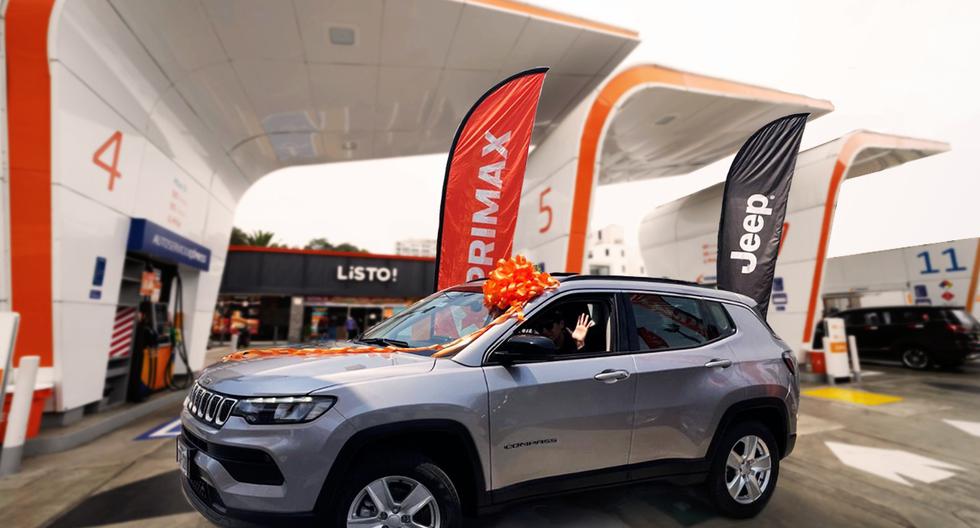On January 8, the Argentine Customs decided to scan all the containers leaving Paraguay for Europe. This, after the 27 tons of cocaine seized during the last two years from containers in our country.
This measure is already being implemented, exposing the vulnerability of the institutions in charge of controls.
In Paraguay there are already nine scanners, five are recent acquisitions, four arrived a few days ago from the United States. The objective is to scan all the exports that leave our country by river (45,000 containers).
This is only happening now due to certain setbacks such as the lack of budget, the law that took longer than expected in Congress, the bidding was frustrated by high prices from local representative companies at the time (they asked for amounts much higher than in the international market). But finally, the devices are already available and could begin to be used this end of the month.
SENAD
On the news, Zully Rolón, Minister of the Senad, affirmed that she welcomes any method of control that can be installed and inserted within Mercosur.
“We also have ports in Uruguay. The fight against organized crime and drug trafficking is not the fight of a single country. At this moment the fight is global because we have information, statistics because we have proven that organized crime contemplates several edges such as producer countries, transit countries (such as Paraguay) and consumer countries. It is a job that must be done globally,” he commented.
He affirmed that what has been implemented in Argentina is the same as what will be implemented in our country in the coming weeks.
“It is the story of the glass half full and half empty. We cannot deny that historically governments did not have radars and scanners. This makes us in the center of attention. But we have solved hundreds of cases and dismantled structures. They are successes to take into account also when doing the analysis. We didn’t have technological tools,” he commented.
CUSTOMS
Julio Fernández, director of Customs, expressed for his part that the Argentine controls will last a short time since only on Tuesday four new scanners arrived that must go through certifications.
These devices will already be ready for use at the end of the month.
“All export cargo from Paraguay will go through a scanner. The 45,000 containers that leave Paraguay for Europe will be scanned. We plan to share images with destination and transit countries. It may be a temporary measure.
Two scanners are obsolete, there are two others purchased between 2007 and 2008, another one purchased in 2015. All three are renewed with software changes. In total they will have 10 scanners in Customs.
“We are going to talk with our Argentine counterparts, so the concern that they go without scanning will disappear,” he said.
Finally, he maintained that the amount of cocaine produced in the world per year is 2,000 tons.
“If one looks at what is happening in Argentina, Uruguay, Colombia, Antwerp, the Port of Panama, one realizes that the problem is global and it is not recent either. It is a long-standing issue that is now going to be corrected with technology. Customs will control the arc, but the borders must also be controlled with radars. It will be the first time that our country will have high technology,” he said.















